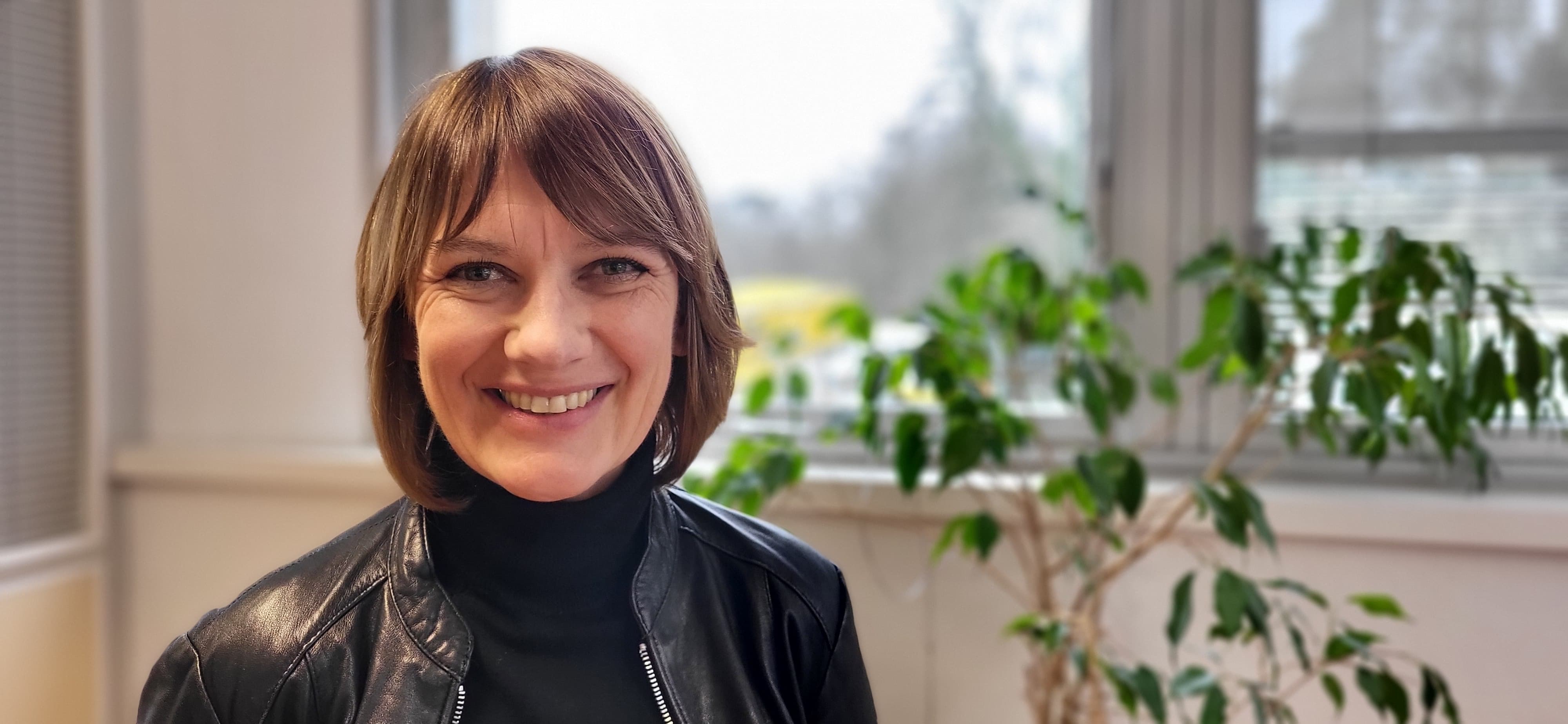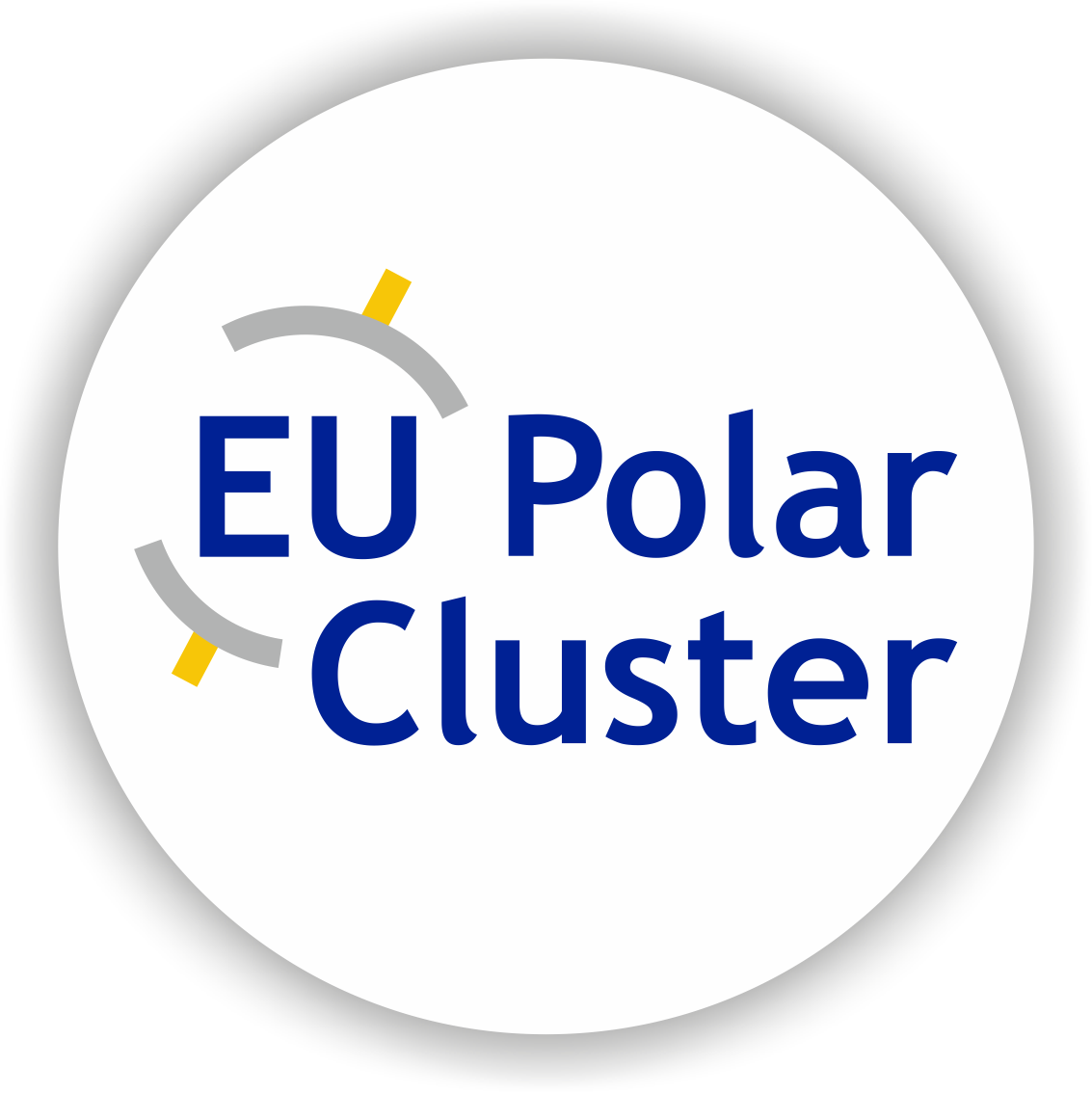I am working on the ICEBERG project because there are still knowledge gaps regarding the presence of pollutants in the Arctic and the exposure of human populations to them. This area is highly sensitive to climate change, and at the same time it plays a key role in regulating global climate systems.
I am an enthusiast of environmental and food analysis, as they are both essential to ensure human health and environmental sustainability: only if we know which pollutants pose the biggest threads (due to their iniquitousness and/or their toxicity), will we be able to adopt the most efficient measures to reduce their potential impacts on the environment and the human health. The interdisciplinary nature of this project and the direct involvement of Indigenous Peoples make it particularly fascinating, as they will allow us to obtain a holistic picture of the main challenges faced in these areas.
Until now, my research has been mainly focused on the monitoring of pesticides (employed in agriculture and with a widespread presence in the environment) and PAHs (polycyclic aromatic hydrocarbons that are released during the burning of organic materials like coal or wood). The ICEBERG project has an ambitious analytical scope, which includes not only pesticides but also other groups of contaminants such as dioxins (byproducts of industrial processes) or PFAS (employed in products like non-stick cookware or waterproof clothing).
Additionally, the Arctic environments in which this project takes place differ significantly from the European countries where I am used to monitoring the chemical pollutants. Hence, I hope to learn a lot about the most relevant contaminants in the Arctic environments, and how they compare to the Southern areas such as Europe. I also hope that this project will help us all understand how pollution, climate change, and human exposure are interconnected in these regions.
Stay tuned for more information and introductions
To stay tuned on ICEBERG, follow us on social media and subscribe to our newsletter to get the updates to your own email.
Find ICEBERG on:





